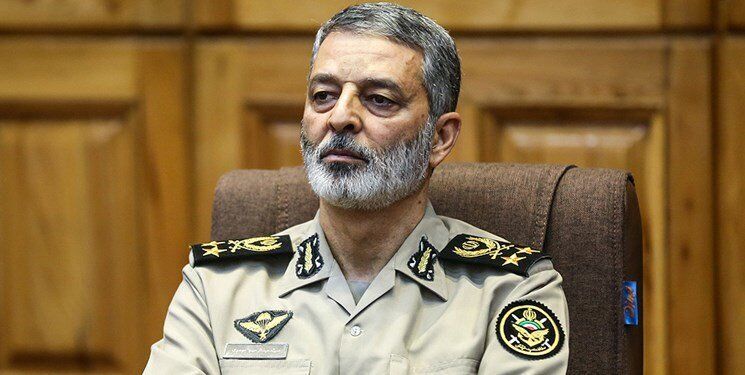Iran confirms enhancing its military readiness and warns of a "firm response" in case of attacks

The Iranian army announced strategic plans to raise the level of military readiness through various programs that align with specific goals for each time period, amid escalating regional threats and concerns of renewed confrontations with Israel.
The Chief of Staff of the Iranian Armed Forces, Major General Abdolrahim Mousavi, reiterated his forces' readiness to "deter any aggression," pointing out that the readiness programs are progressing through three phases: short-term, medium-term, and long-term.
He added in statements reported by the official "Tasnim" agency: "The plans aim to raise the level of military preparedness through various programs that align with the specific goals for each time period," while also emphasizing the importance of enhancing readiness in the civilian sector and fortifying infrastructure.
These statements came in the context of repeated warnings from Iranian officials, as Foreign Minister Abbas Araghchi warned last Monday that his country would face any American or Israeli attack with a "greater firm response."
He conveyed on his posts on the "X" platform: "If aggression recurs, we will undoubtedly respond more firmly," but he also indicated the possibility of resuming nuclear negotiations despite the "anti-negotiation sentiments" within Iran.
Araghchi acknowledged the existence of a "diplomatic space," but warned that it is shrinking, saying: "The path to negotiation is narrow, but not impossible... I must convince my leaders that if we take the path of negotiation, the other side will come with a genuine determination to reach a win-win agreement."
In contrast, the Speaker of the Iranian Parliament, Mohammad Baqer Qalibaf, expressed his skepticism about the usefulness of negotiations with Washington on Thursday, warning of a "negotiation trap."
For its part, the United States continues to tighten pressure on Tehran, as it announced last Wednesday the largest package of sanctions since 2018, targeting dozens of individuals and entities linked to the Iranian oil and energy industry. In response, the Iranian Foreign Ministry strongly condemned the new sanctions, while voices opposing negotiations with the West are increasing.
This escalation comes just months after the end of the 12-day war between Iran and Israel on June 25, 2025, the repercussions of which continue to affect the political and security landscape in the region.